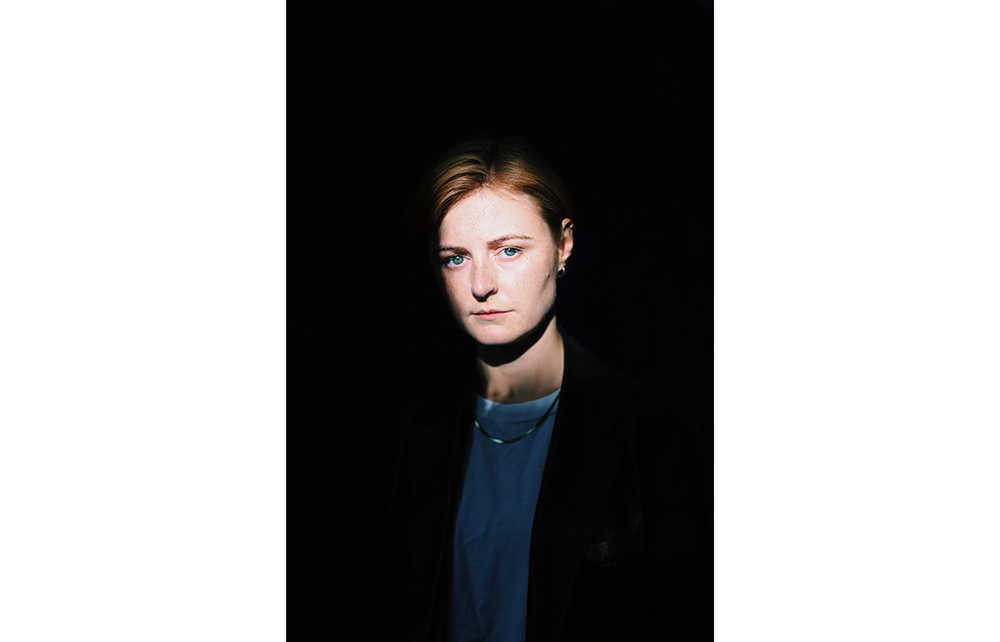‘What are you like with enclosed spaces?’ Tom asks his sister Billie before they head into the maze of tunnels under Paris. Away from the ‘tourist bit’ of the catacombs – the part filled with bones moved from the city’s cemeteries – is an extensive network of claustrophobic pathways beneath the everyday, visible level of the city. As the setting for the climax of Imogen West-Knights’s subtle and compelling debut Deep Down, it is certainly fitting: in the wake of their father William’s death, the siblings begin to explore hidden and submerged memories from their childhood.
The two are not close. Billie, who has a ‘plain, mashed potato sort of face’, lives in London, while Tom (a failed actor, whose only success was in a Christmas advert) has moved to Paris to work in a bar. After their father’s sudden death in America, where he was living with his new wife, the pair come together.
What initially seem to be the hallmarks of any repressed family – an inability to discuss death; tensions between divorced parents; a repeated insistence that everyone is ‘fine’ – become, as the novel unfolds, something far more disconcerting. William was not just angry; he was abusive. The violence at home is seen through the eyes of the siblings as children. There are scenes of ‘goo spattered all over the floor’, interrupted by a policeman ‘wearing a chunky black vest thing’, and dramatic arguments where the most tragic result is a lack of ice creams ‘in the shape of Sonic the Hedgehog’. These domestic dramas are quietly devastating.
Alongside this narrative of a family torn apart is another theme. West-Knights considers the oddities of modern life for people in their twenties and thirties – from sharing a rented flat with a girl who once threw ‘farewell drinks before going on a three-week holiday’, to endless obligatory debates about the best Tesco meal deal. These nods to contemporary existence can feel shoehorned in, as though needed to make the story seem more relevant.
Deep Down is full of ambiguities. There is uncertainty about William’s violence (or his ‘illness’) and about the siblings’ relationship and how they will move on after his death. But about the author’s talent there’s no doubt.






Comments